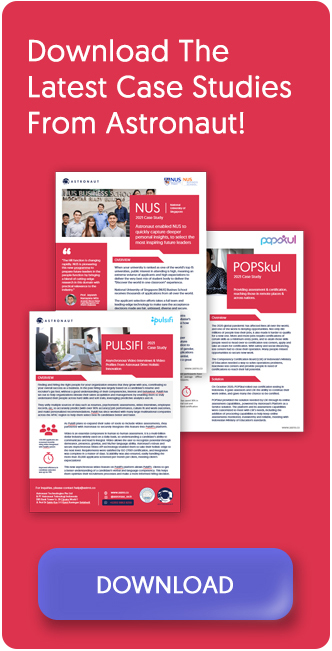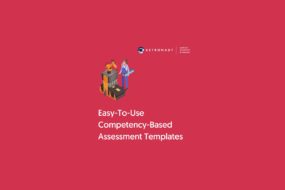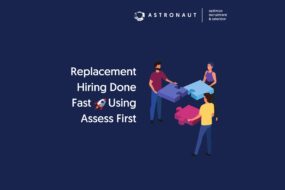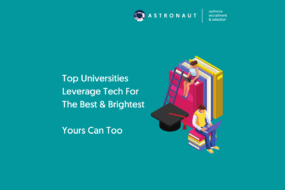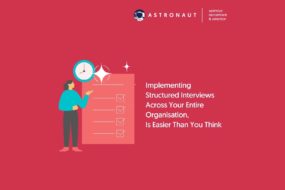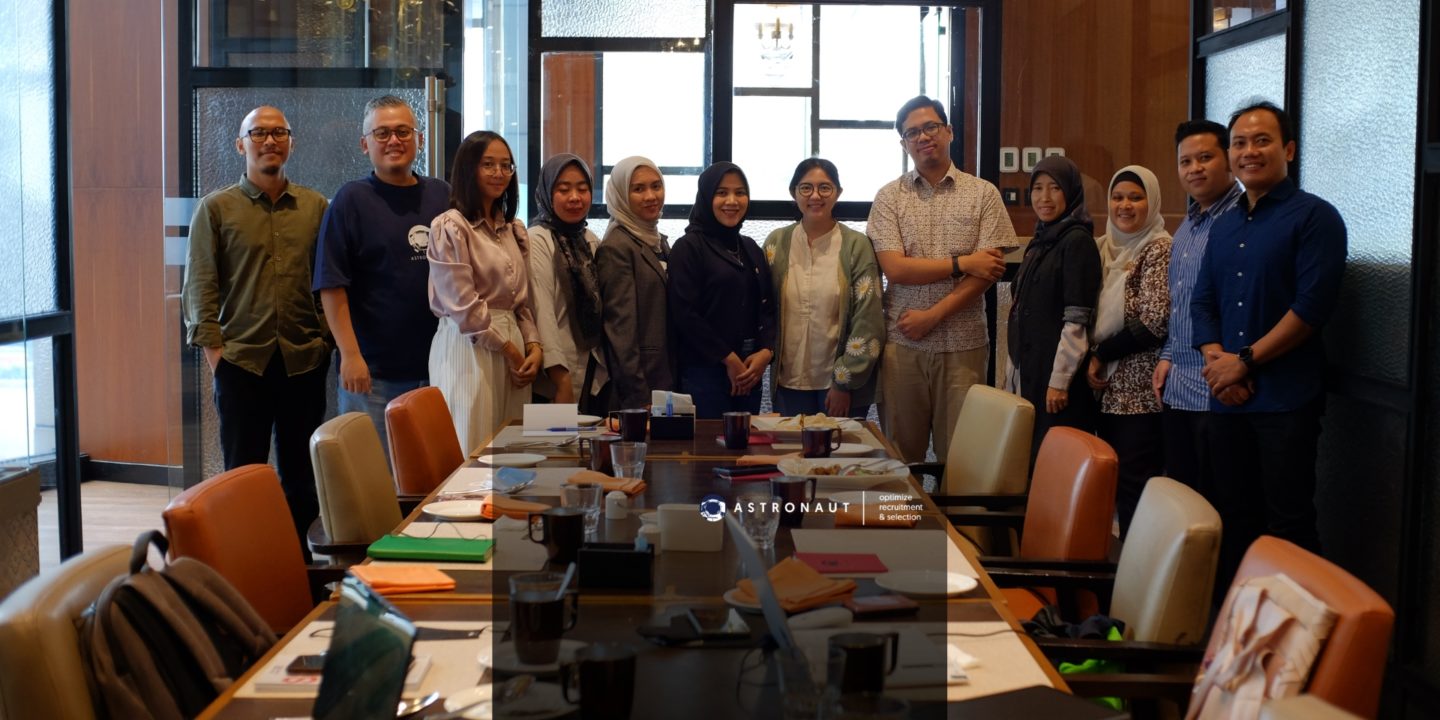
Indonesian university career centers are focused on making sure their graduates get jobs within six months of graduation with pay at least 20% higher than minimum wage.
ASTRNT recently hosted a Career Center Networking Event, where officials from seven different universities in Indonesia gathered to discuss the difficulties career centers face. Joining us were Siti Aisah Rahma (STIE Indonesia Jakarta), Zahra Nabila (STIE Indonesia Jakarta), Annisa Siregar (ICCN), Windi (Trisakti University), Salim (Trisakti University), Christian Kuswibowo (Politeknik APP Jakarta), Hadyan Dhiozandi (Atma Jaya), Salamah Agung (UIN Syarif Hidayatullah Jakarta).
The key focus of the discussion was ideas on how career centers can help university graduates develop and increase their opportunities in seeking employment. We also discussed the upcoming launch of POPSkul, Powered by ASTRNT.
Boosting Employability Is the Main Career Center Goal
- Career centers play an essential role in impacting their universities’ accreditation.
We discussed one of their key responsibilities, to take action to ensure that their graduates earn at least 20% more than the minimum wage and secure the necessary university accreditation licenses. And we discussed Tracer Studies and their essential role in gathering data on alumni employment, enabling career centers to meet accreditation requirements, and identifying areas where universities can enhance their programs.
It was agreed that investing in career center resources, such as more employees supported and enabled by technology, is vital to providing graduates with the necessary support to succeed in the industry. It was also agreed that this enhances university’s reputation. Developing strong industry networks and graduate employers was also agreed to be of critical importance.
Closing The “Career Ready” Gap
- Career centers face challenges, some curriculums don’t match industry needs.
All universities sometimes struggle to train graduates for the evolving demands of the job market, and Indonesian universities are no exception. The curriculum often does not align with industry expectations, resulting in students being unprepared for employment. Furthermore, graduates lack the necessary job experience. And sometimes lecturers’ resistance to change and new teaching techniques make it challenging for institutions to keep up with the workforce’s rapidly changing demands.
Trisakti, STIE Indonesia, and Politeknik APP Jakarta are working to bridge the gap between universities’ curriculum and industry needs by understanding the need for a curriculum that is relevant to job experience and promoting a collaborative effort with the industry.
These challenges underscore the importance of addressing the misalignment between university curricula and industry expectations. Career centers must work to bridge this gap and better prepare graduates for successful careers.
Investing In People & Technology Solutions
- Tech plays a vital role in student employment, and securing data for accreditation
All attendees agreed that investing in career center resources (employees and technology) is critical to success, with the teams from Atma Jaya Catholic University of Indonesia and UIN Syarif Hidayatullah Jakarta noting that career centers are there to overcome any barriers.
University accreditation is vital, and a lack of adequate accreditation may jeopardize the institution’s long-term stability and profitability, resulting in poorer enrollment, retention, and income. As a result, colleges must emphasize accreditation and strive tirelessly to meet and exceed the necessary standards to attract students, teachers, and funding organizations.
Working Together with Alumni
- Connecting recent graduates with alumni is effective but challenging.
Career centers can aid fresh graduates by linking them with alumni who can offer advice and perhaps help them find jobs within their company. Atma Jaya University emphasizes the value of alumni networks in assisting graduates with their transition to the workforce by providing opportunities for professional growth and networking, leading to employment opportunities.
However, the issue of dated databases makes communicating with alumni difficult, since career centers struggle to keep their databases up to date. According to the Indonesia Career Center Network (ICCN), career centers may lose out on opportunities to connect students with alumni who may help them find employment or give career assistance. Effective procedures for preserving and updating alumni records must be established.

